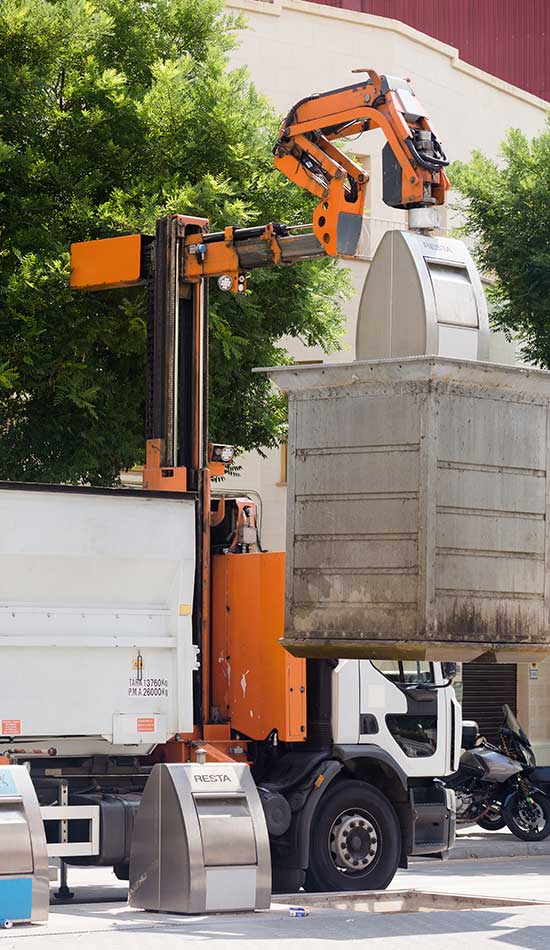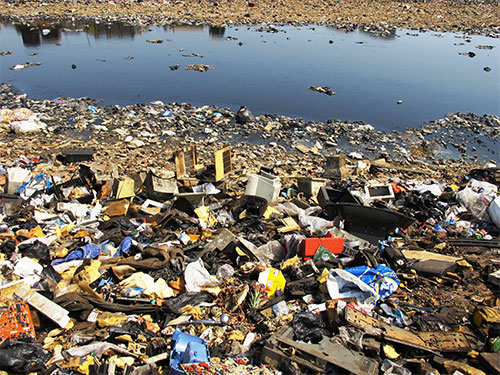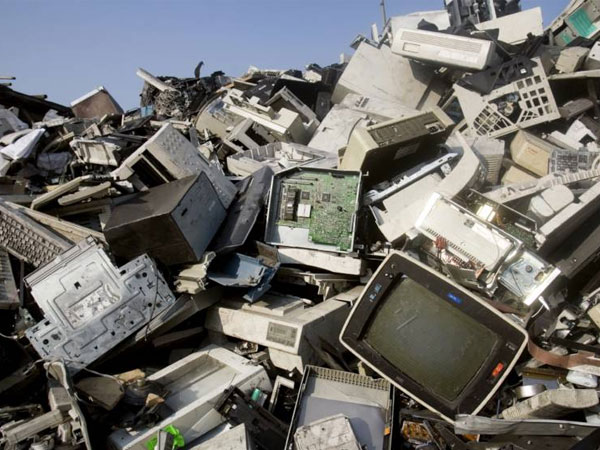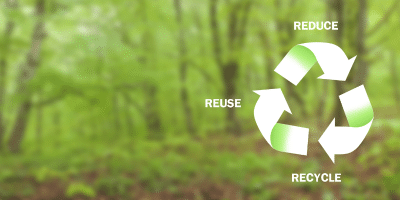About Us

About Us
Time Is The Best Way To Thin About Recycling.
Our organization, Humus Plast-e-cycle & organic soil private limited, is dedicated to transforming the way cities manages its municipal solid waste. Founded with the core belief that sustainable waste management is key to environmental conservation and economic growth, we focus on creating and implementing comprehensive waste segregation and upcycling systems across the country.
Welcome To Humus




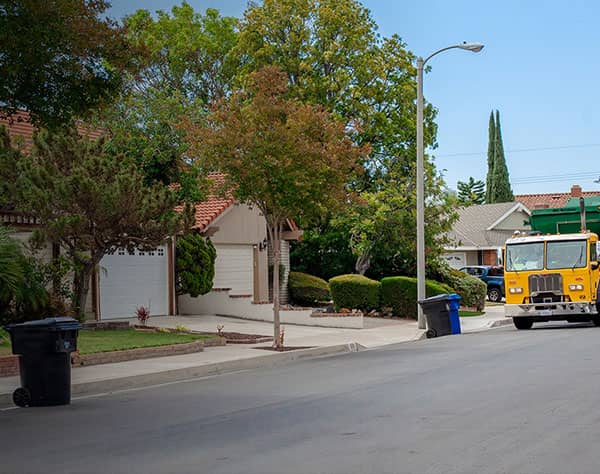
100% Recycled
Environmental and Health Impacts
Strategies for Mitigating Waste Generation
Addressing the issue of daily waste generation requires a multifaceted approach:
-
1
Reduce, Reuse, Recycle
Emphasizing the principles of reducing consumption, reusing items, and recycling materials can significantly cut down waste. Governments and organizations can promote these practices through education and incentives.

-

2
Sustainable Product Design
Encouraging the design and production of durable, repairable, and recyclable products can extend their lifespan and reduce waste. Companies can adopt eco-friendly packaging and materials to minimize their environmental footprint.
-
3
Waste Management Infrastructure
Investing in efficient waste management systems, including collection, sorting, and recycling facilities, is crucial. Advanced technologies like waste-to-energy plants can also help reduce landfill dependency.
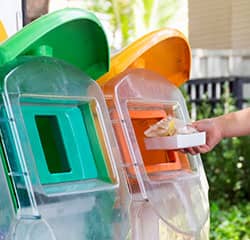
-
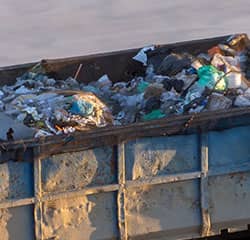
4
Policy and Legislation
Implementing policies and regulations that limit single-use plastics, incentivize recycling, and hold producers accountable for their products' end-of-life disposal can drive significant change.
-
5
Community Involvement
Engaging communities in waste management practices through awareness campaigns and local initiatives can foster a culture of responsibility and sustainability.


Few Reasons Why You Choose Us To Protect Nature!
- Our Mission
- Our Vision

Our mission is to lead India towards a sustainable future by revolutionizing the management of municipal solid waste through innovative segregation and upcycling processes. We are committed to conserving the environment by embedding the principles of the circular economy into the core of our operations. By educating communities, partnering with local authorities, and utilizing cutting-edge technology, we aim to recycle all waste generated by human from daily stuff, lower carbon footprints, and create valuable resources from discarded materials. Our organization strives to transform waste management from a linear, disposal-focused system to a regenerative, resource-centric model that benefits society and the planet.

Our vision is to establish a national benchmark for environmental stewardship and resource efficiency through exemplary waste management practices. We envision a future where every city and town in India operates under a unified system of waste segregation and upcycling, contributing to a zero-waste society. By fostering a culture of sustainability and innovation, we aspire to create a cleaner, healthier, and more resilient environment for future generations. Our ultimate goal is to make India a global leader in the circular economy, showcasing how responsible waste management can drive economic growth, social well-being, and environmental protection.
The Scale of Daily Waste Generation
On a global scale, humans generate approximately 2.01 billion metric tons of municipal solid waste annually, with at least 33% of that not managed in an environmentally safe manner. This figure is expected to grow due to increasing population, urbanization, and consumerism. By 2050, the World Bank projects waste generation could rise to 3.4 billion metric tons per year if current trends continue.
Factors Contributing to Increased Waste
Recycle, It’s Your
Destiny.
Recycle, It’s Your
Destiny.
